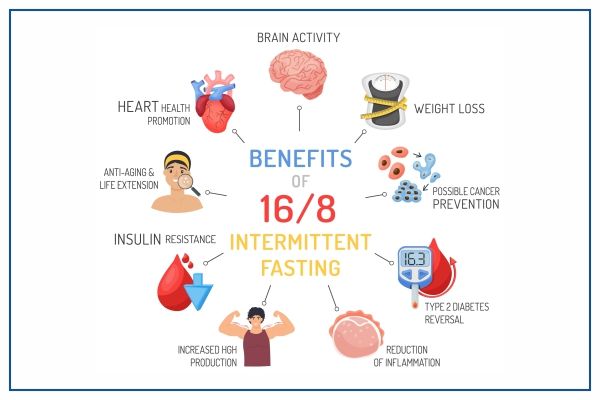Intermittent fasting has gained popularity in recent years as a weight loss strategy. It involves cycling between periods of fasting and eating, with the goal of promoting weight loss and improving overall health. While intermittent fasting can be an effective way to shed pounds, it also has its drawbacks. In this article, we will explore the pros and cons of intermittent fasting for weight loss.
Pros of Intermittent Fasting
1. Weight Loss
One of the main benefits of intermittent fasting is weight loss. By restricting your eating window, you consume fewer calories, which can lead to a calorie deficit and ultimately result in weight loss.
2. Improved Insulin Sensitivity
Intermittent fasting has been shown to improve insulin sensitivity, which can help regulate blood sugar levels and reduce the risk of developing type 2 diabetes.
3. Increased Metabolism
Some studies have suggested that intermittent fasting can increase metabolism, leading to greater calorie burn even when you are not actively eating.
4. Simplicity
Intermittent fasting is a simple and straightforward approach to weight loss. There are no complicated meal plans or calorie counting involved, making it easy to stick to long-term.
Cons of Intermittent Fasting
1. Hunger and Cravings
During fasting periods, you may experience hunger and cravings, which can make it challenging to stick to the plan and may lead to overeating during eating windows.
2. Lack of Energy
Some people may experience fatigue and lack of energy during fasting periods, especially when starting out. This can make it difficult to focus and perform daily tasks.
3. Social Isolation
Intermittent fasting can be socially isolating, as it may limit your ability to participate in social gatherings that involve food. This can make it difficult to maintain the lifestyle long-term.
4. Potential Nutrient Deficiencies
If not done properly, intermittent fasting can lead to nutrient deficiencies due to reduced food intake. It is important to ensure that you are getting all the necessary nutrients during eating windows.
Conclusion
Intermittent fasting can be an effective weight loss strategy, but it is not without its drawbacks. It is important to weigh the pros and cons before deciding if intermittent fasting is the right approach for you. Consult with a healthcare professional or nutritionist to determine if intermittent fasting is a suitable option for your weight loss goals.



